Picture this: Android Police recently discovered that their digital workspace was a mess, managing a collection of productivity apps for years, including task managers, note-taking tools, calendars, and project management software. Sound familiar? If you're drowning in a sea of apps that don't talk to each other, you're not alone. Notion was first released in 2016 by Notion Labs Inc., designed as an all-in-one workspace that allows users to take notes, manage projects, organize documents, and collaborate. What started as just another productivity tool has evolved into something that might just replace your entire app ecosystem.
Why consolidating apps actually makes sense
Let's break down the real problem here. Android Police took a leap and ditched everything, going all-in on Notion for 30 days to see what would happen. The results? Pretty eye-opening. Here's the thing: when you're juggling multiple apps, you're not just managing information—you're managing the mental overhead of switching between different interfaces, remembering which app holds what data, and dealing with the frustration when they don't sync properly.
Notion eliminates this by letting you consolidate all these tools in one unified workspace. We're talking about replacing notes, documents, wikis, project boards, and spreadsheets with a single platform. The block-based editor combines various elements like text, images, to-do lists, and more on a single page, giving you that flexibility you've been craving.
But here's where it gets interesting: Notion's customization options mean you can mold it into whatever you need—a knowledge management system, project management tool, document management system, or even a CRM. It's like having a digital Swiss army knife that adapts to your workflow instead of forcing you to adapt to it. The real magic happens when you start connecting different elements. Drag-and-drop functionality makes it simple to add new elements like to-do lists, files, or charts anywhere on a page, creating an interconnected web of information that actually makes sense for how your brain works.
What makes Notion's approach different
Notion's minimalistic approach will surprise you, but it's the database functionality that's the real game-changer. The platform offers a suite of views that allow you to visualize information in the most effective way for your needs. Think about it: one database can display as a Kanban board for project management, switch to a calendar view for scheduling, or become a simple table for data analysis.
Recent improvements have added calendar support, which has been a huge productivity booster for many users. You can connect your Google account to view and manage upcoming meetings directly from the Notion workspace. Plus, Notion Forms handles data collection easily, making it simple to gather information without leaving your workspace.
What truly sets Notion apart is how its collaborative approach integrates seamlessly with these powerful database features. Teams can collaborate in real-time, with team members able to edit pages together, comment on each other's work, and stay up to date with page updates. The permissions settings allow you to control access at a granular level, which is crucial when you're dealing with sensitive company information—all while maintaining the same flexible database structure that makes individual productivity so powerful.
The reality check: what works and what doesn't
Now, let's keep it real. Notion recently improved its mobile performance, but it's still not perfect. Users report significant performance issues on mobile, especially Android, including slow performance, long loading times, frequent lags, and crashes. Notion added offline support in 2025 (users can mark pages Available Offline, paid plans auto-download recent/favorited pages), although earlier lack of offline support was a common complaint.
The steep learning curve is another consideration. While Notion offers over 30,000 free templates for various use cases, getting comfortable with the platform takes time. As one reviewer noted, Notion takes time to get it right, but when you do, you'll wonder how you ever worked without it.
Here's something interesting: Android Police found they would continue using TickTick along with Notion because they found Notion's task management capabilities average. This highlights an important point—you don't have to go all-or-nothing. Sometimes the best approach is using Notion as your central hub while keeping specialized tools for specific needs.
Other technical challenges worth noting include issues with image and PDF uploads and problems with recent updates causing crashes and bugs. Despite these limitations, many users find that its versatility, customization options, and ability to sync across devices make it a superior choice for both personal and professional organization, especially when the benefits of consolidation outweigh the technical hiccups.
Getting started without overwhelming yourself
PRO TIP: Start small and build gradually. Notion's free plan is great for individuals or teams that want to try it out, with no block limits in the free version. The platform is suitable for individuals, teams, and enterprises, including students, educators, freelancers, project managers, entrepreneurs, startups, and large organizations.
Begin by creating a home page where you add essential pages under specific columns and headings for easy access. Notion integrates with many third-party apps such as Google Drive, Trello, GitHub, and Slack, so you can gradually migrate your workflow without losing connections to your existing tools.
The key to avoiding overwhelm is understanding how to build your workspace strategically. You can organize pages and sections in a hierarchy, tag pages, and use linked databases to relate content. The powerful search functionality makes it easy to find what you need quickly, which becomes invaluable as your workspace grows. For those migrating from other platforms, Notion offers internal migration options with other tools such as Asana, Confluence, Trello, Monday, and Evernote. Each has its own migration pathway and limitations, but the process is generally straightforward when you take it step by step.
Where this productivity revolution is heading
Bottom line: Notion has become a game-changer in the world of productivity tools, redefining how individuals and teams collaborate, plan, and execute their ideas. The platform experienced a 38% boost in its predicted 6-month ROAS and a 21% uptick in customer activation, showing that businesses are finding real value in consolidating their tools.
Recent AI integration offers writing assistance, smart summaries, and content generation directly within the workspace, with Notion AI able to detect errors, correct grammar, answer questions, summarize, translate, and find action items. This isn't just about replacing apps—it's about creating a smarter, more connected way of working that addresses the very limitations that once frustrated users. Where mobile performance was once a weakness, AI-powered assistance now helps users accomplish more even when the interface isn't perfect.
The future of productivity isn't about having more apps; it's about having the right platform that grows with your needs. Whether you replace four apps like our Android Police colleagues or just consolidate a few key workflows, Notion provides the flexibility and intuitive interface to keep everything in sync. What makes this particularly exciting is how Notion acts as a digital Swiss army knife, empowering users to design unique workflows, centralise data, and maintain a structured overview of their professional and personal lives—but now with intelligent assistance that learns and adapts to your patterns.
Start with what you need most, and let it evolve from there. Your future, more organized self will thank you.




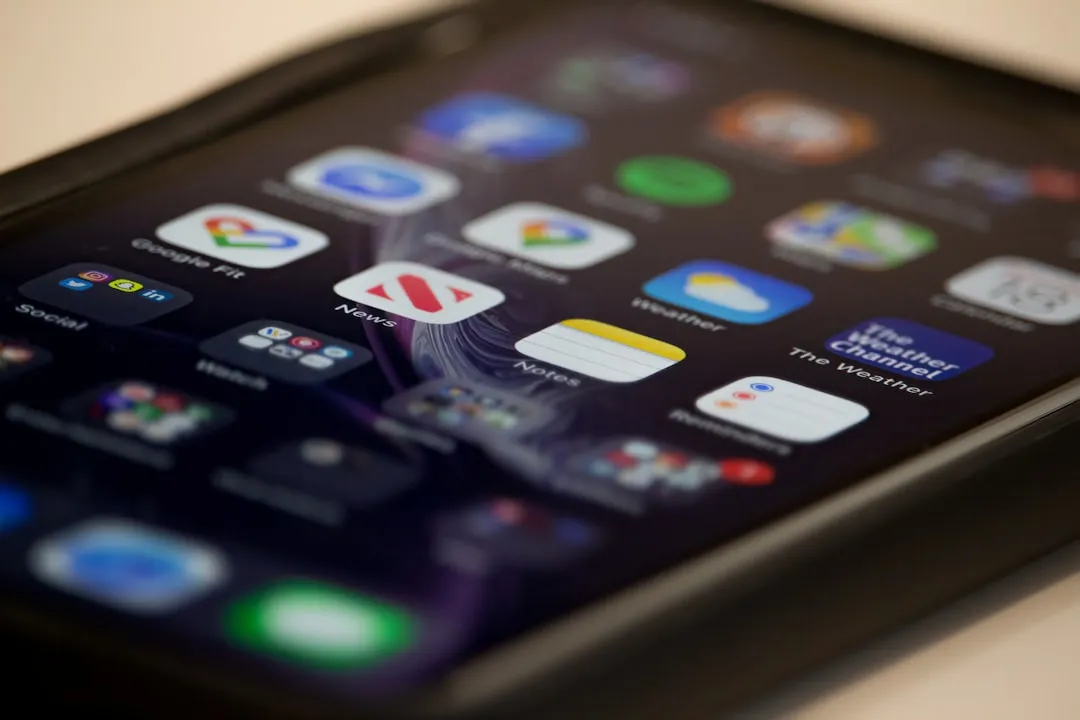



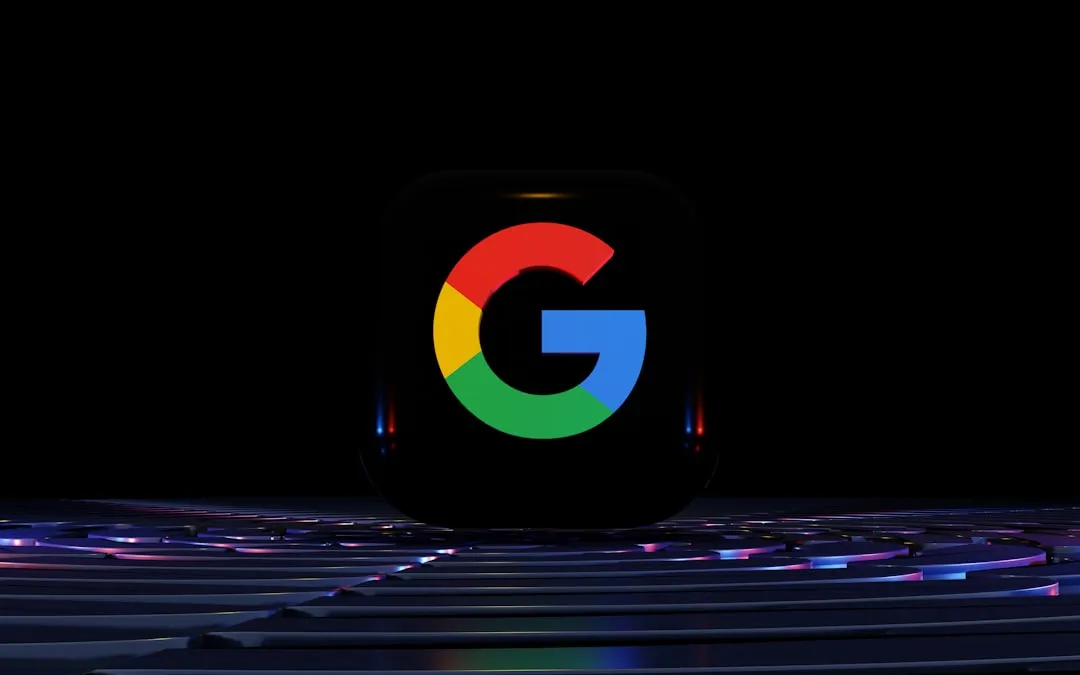
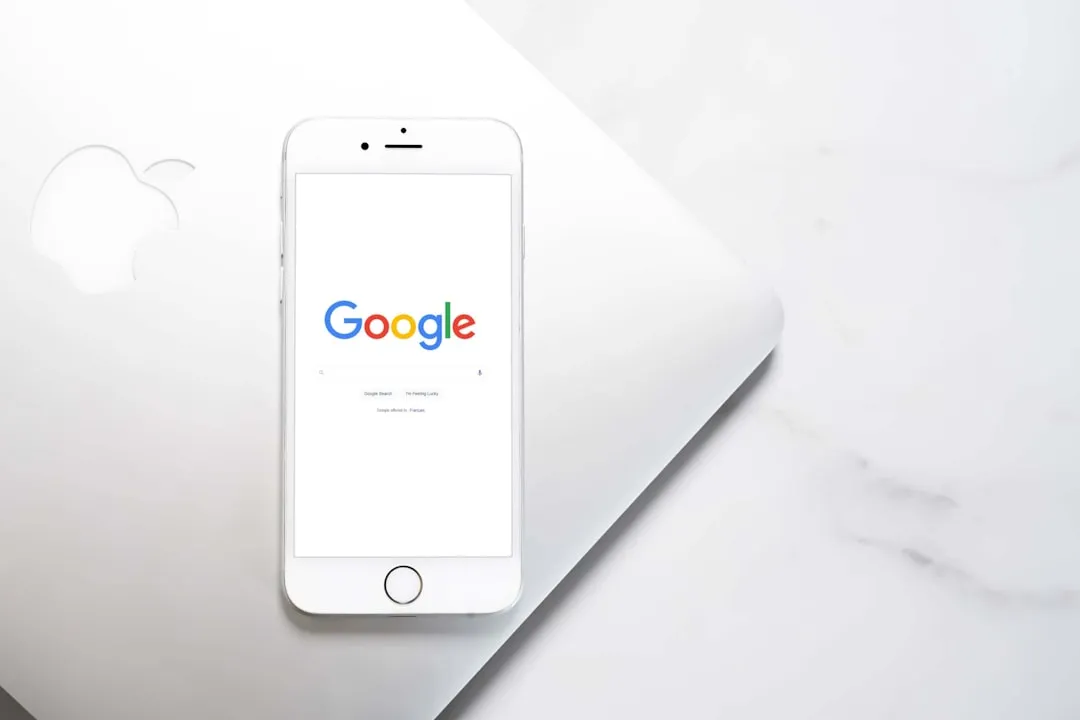



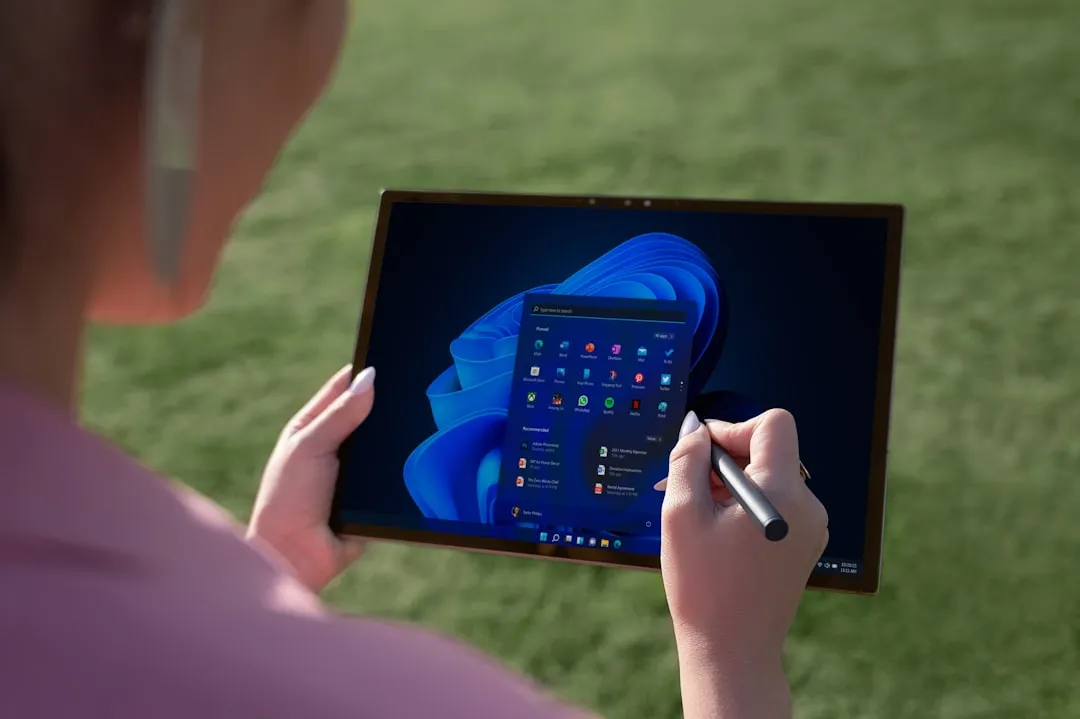
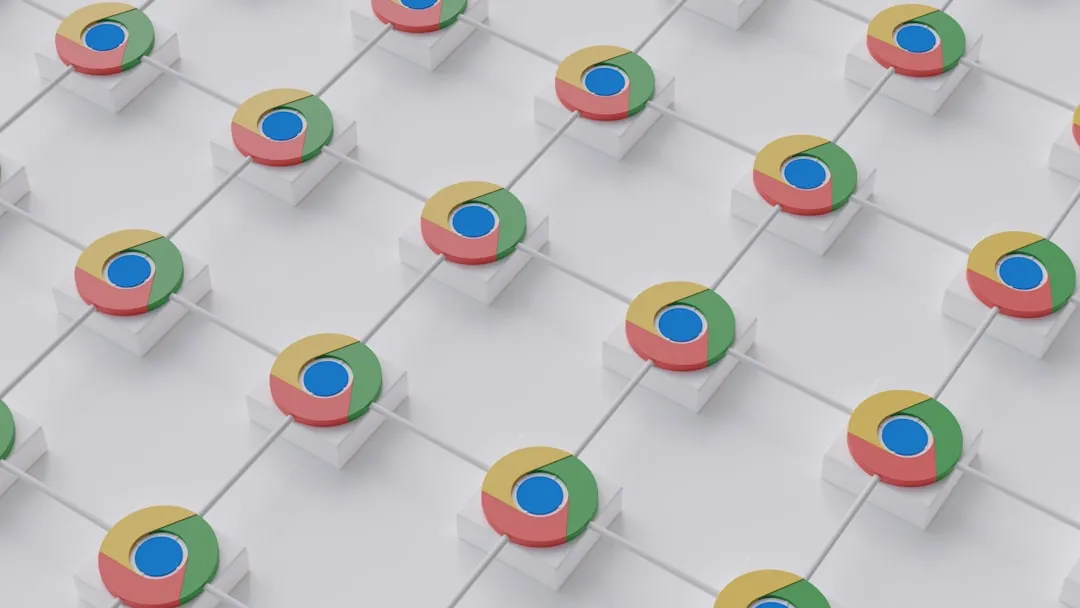
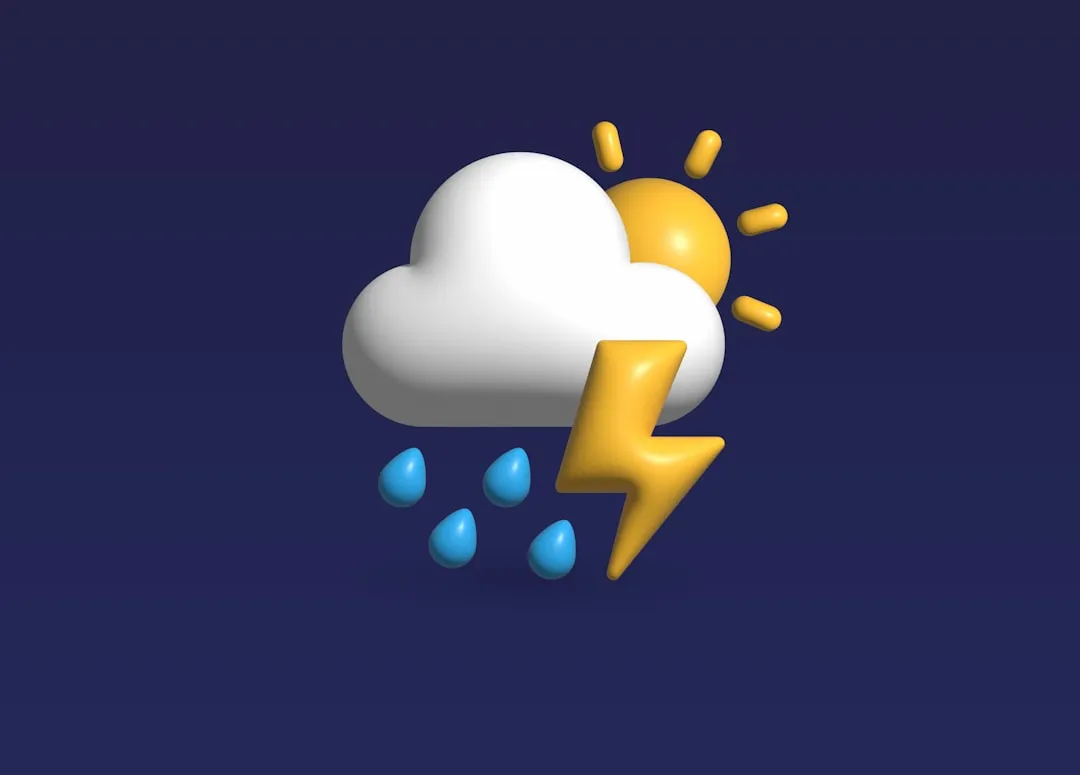
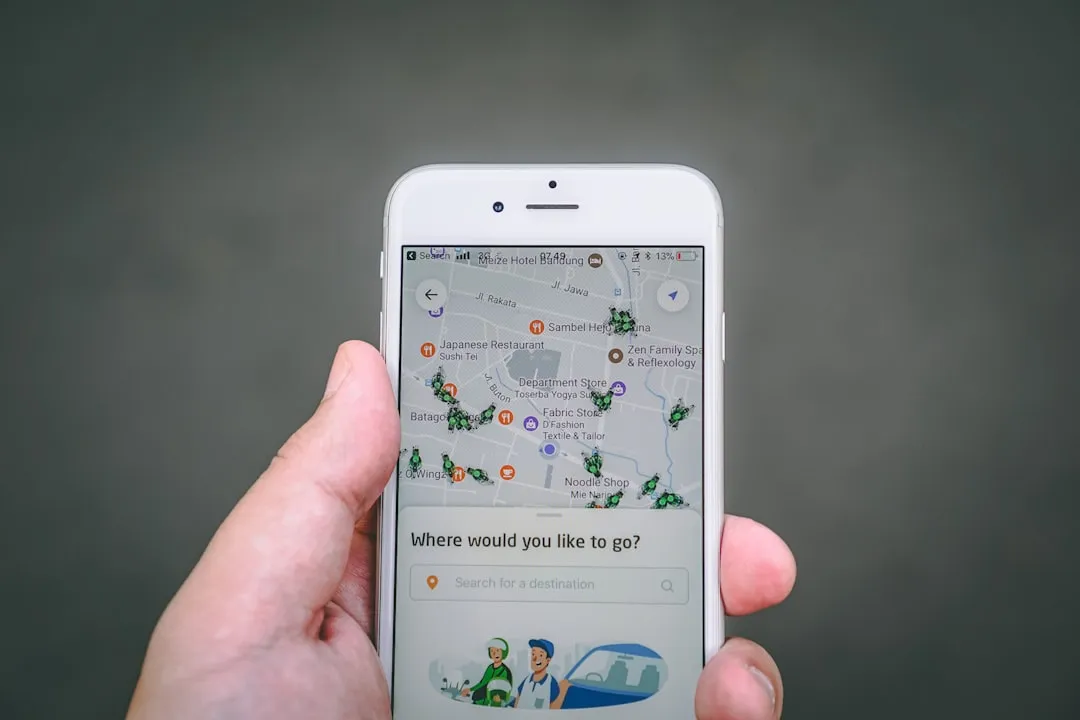
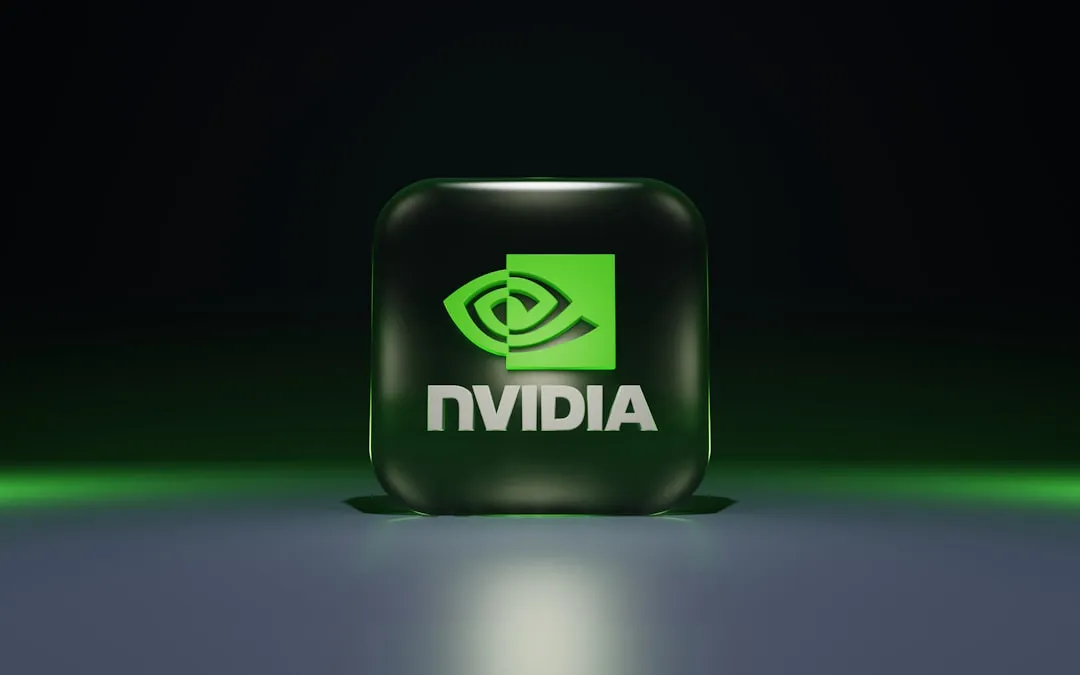


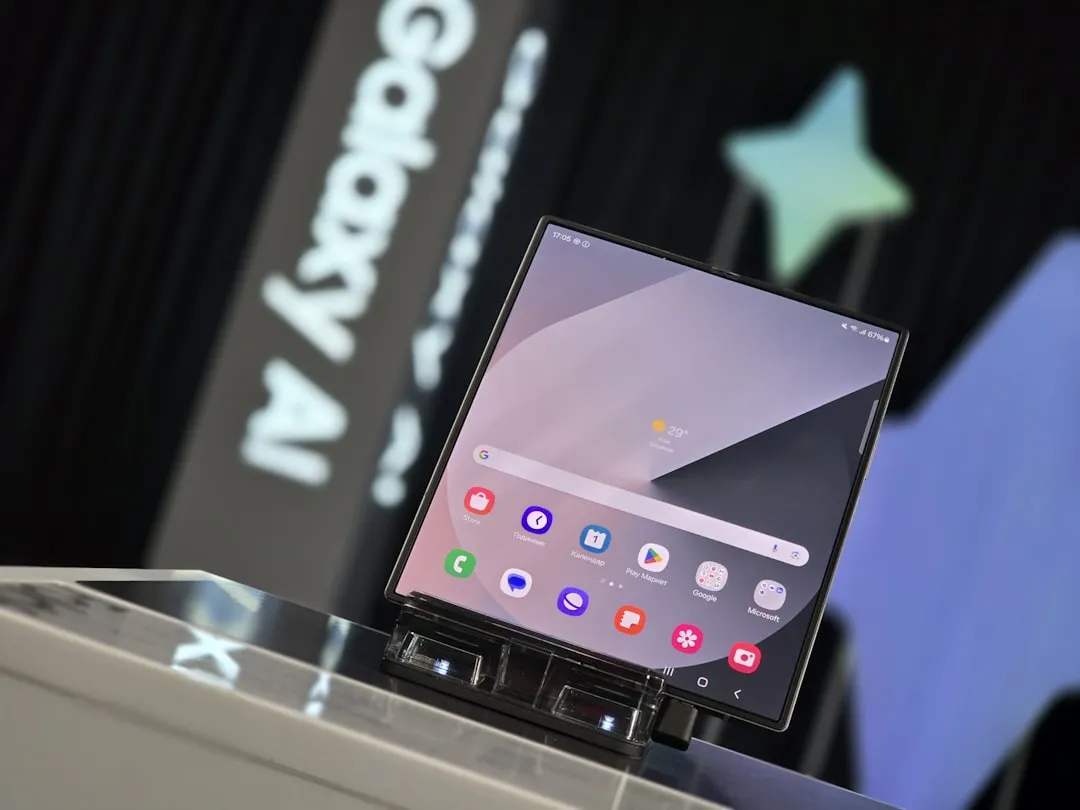



Comments
Be the first, drop a comment!